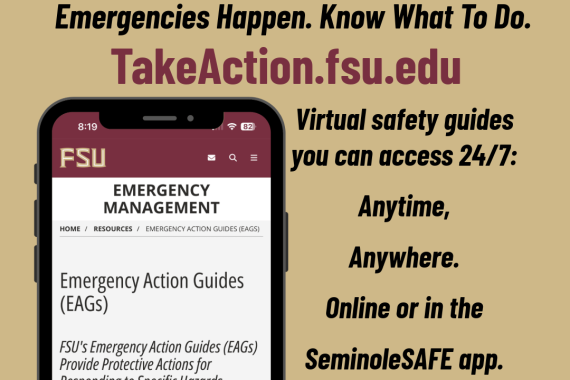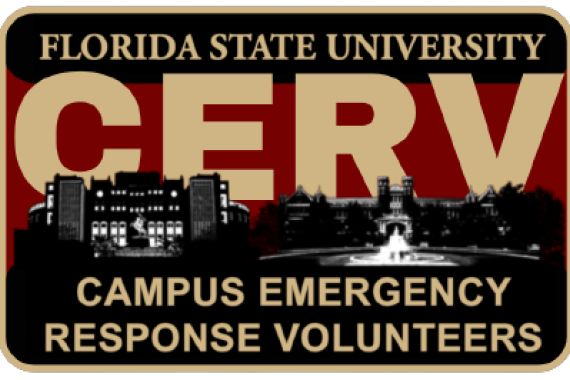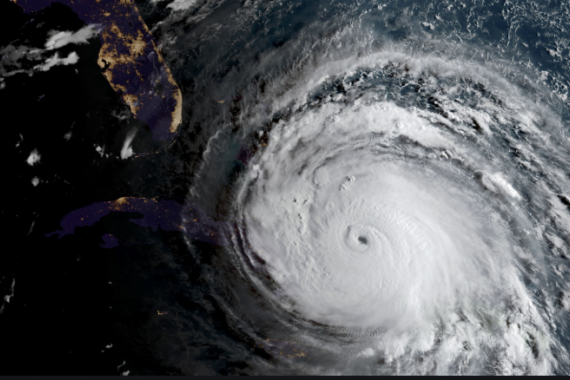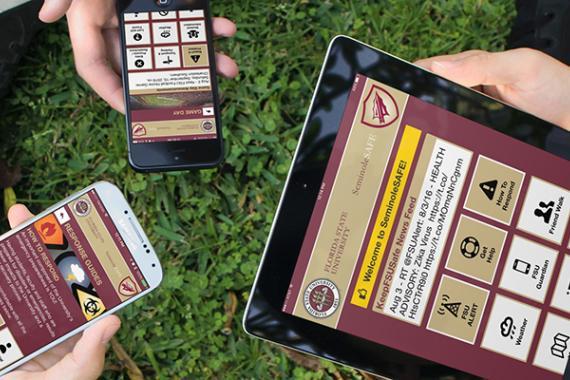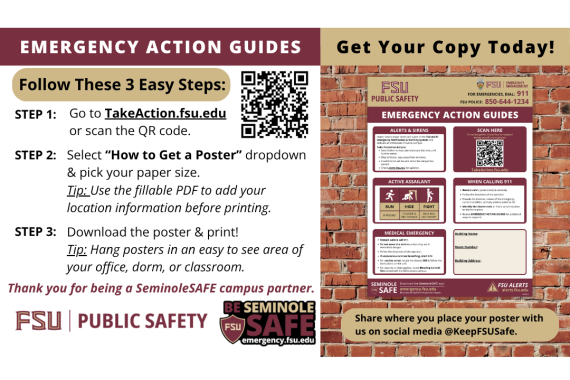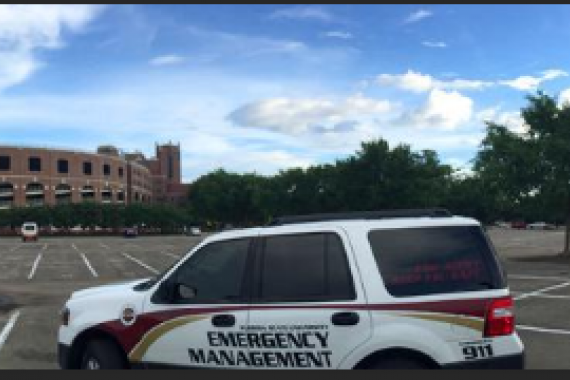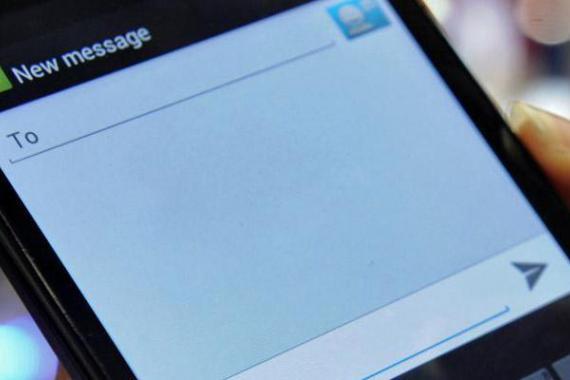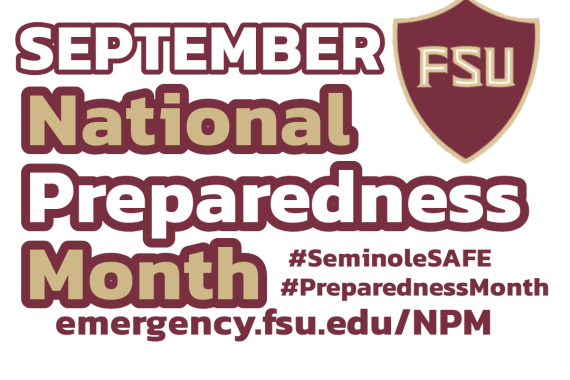About Tropical Storms & Hurricanes
Where do tropical storms and hurricanes get their names from?
The World Meteorological Organization (WMO) maintains six alphabetical lists of names which alternate between masculine and feminine and are used on a six-year cycle. Significant tropical cyclones have their names retired from the lists, with a replacement name selected. If all of the names on a list are used, any additional storms will take names from an alternate list of names approved by the WMO. Learn More>>
It's just a tropical storm, what's the big deal?
Often we will hear people say, "It's just a tropical storm" or "It's just a category one hurricane." Each and every tropical storm is dangerous and poses its own hazards. Even a weak, sloppy tropical storm from a wind perspective can dump dozens of inches of rainfall and result in massive flooding. Tropical Storm Debby in 2012 did pack much of a punch in terms of winds, but caused devastating flooding just 15 miles south of the FSU campus in Wakulla County. Debby also dropped 28 tornadoes throughout Florida, even in South Florida hundreds of miles away, killing one.
About Personal Preparedness
How long should I prepare to be self-sufficient for after a hurricane?
We encourage you to be prepared to fend for yourself for at least 3 days, but ideally up to 7 days after the storm passes through in some extreme circumstances. With the heavy tree canopy in and around Tallahassee, it may take a few days before roads with emergency reinforcements and supplies can even get to us. Government priorities during the first 72 hours will be on search and rescue, addressing any ongoing life-safety hazards, and establishing security. Humanitarian assistance from government and disaster relief organizations may take a couple extra days to get established.
What does it mean to be self-sufficient?
It means that you do not need anyone else's help in satisfying your basic needs for food, water or shelter in order to survive.
Will the University pay for any storm damages to my personal property if I live in a residence hall?
No. The University is not responsible for damages to personal possessions. You are strongly encouraged to obtain renter's insurance for this purpose.
About FSU's Hurricane Plans and Procedures
Would FSU cancel classes for a tropical storm or hurricane?
The life safety of our students, faculty, staff and visitors is our number one priority. The decision to cancel classes would be made in close coordination with our community partners, weather service, and emergency management officials. If forecast conditions for the campus and surrounding community include the threat of severe winds, flooding rains, or a widespread tornado outbreak, then classes may be cancelled. Check the Alerts Page for the current and forecasted operational status of the university.
Will FSU give me enough time to get home before a hurricane?
The decision to cancel classes is made with the life safety of those on campus in mind, while minimizing distruption to campus operations as much as possible. The timing of any cancellation notice may or may not allow sufficient time for you to travel safety to other unimpacted regions. Should you elect to leave early before a storm, consult with your instructors, supervisor, or Dean's office for more information about having the absence excused.
Would FSU evacuate residence halls for a hurricane?
The greatest threat to the safety of residence halls is breaking glass from doors and windows due to high winds and debris. Significant structural damage (foundation, walls, roof) is not expected. As such, any student that elects to stay in a residence hall during a hurricane will be relocated by Housing staff into the interior corridors, hallways, stairwells, or any other room without windows.
Would FSU open a shelter on campus for a hurricane?
The Florida State University has a commitment to protect the life safety of all of its students, faculty, staff and their immediate families, regardless if the live on campus or not. In agreement with Leon County Emergency Management, should there be a need, FSU will establish a shelter on campus for its constituents in order to alleviate the demand and burden on public shelters in the community. Access to an on-campus shelter will be restricted to current students, faculty, staff and their immediate families. You will be required to present your FSUCard or other identification to enter. A specific announcement will be made to the FSU community at the time that the decision to open an on-campus shelter is made. This decision is dependent upon a number of variables and will be made in close coordination with Leon County Emergency Management. The opening of an on-campus shelter is not a guarantee and should not be your first option. Shelters are a lifeboat, not a cruise ship. Do not expect them to be comfortable or offer any amenities beyond some floor space.
How will I know it is safe enough to return to campus or that classes have resumed?
Florida State University will continuously update the Alerts Page throughout the emergency with the latest information. An FSU Alert emergency notification message may be sent via E-mail or SMS text when any major announcements, such as campus reopening, are made.

